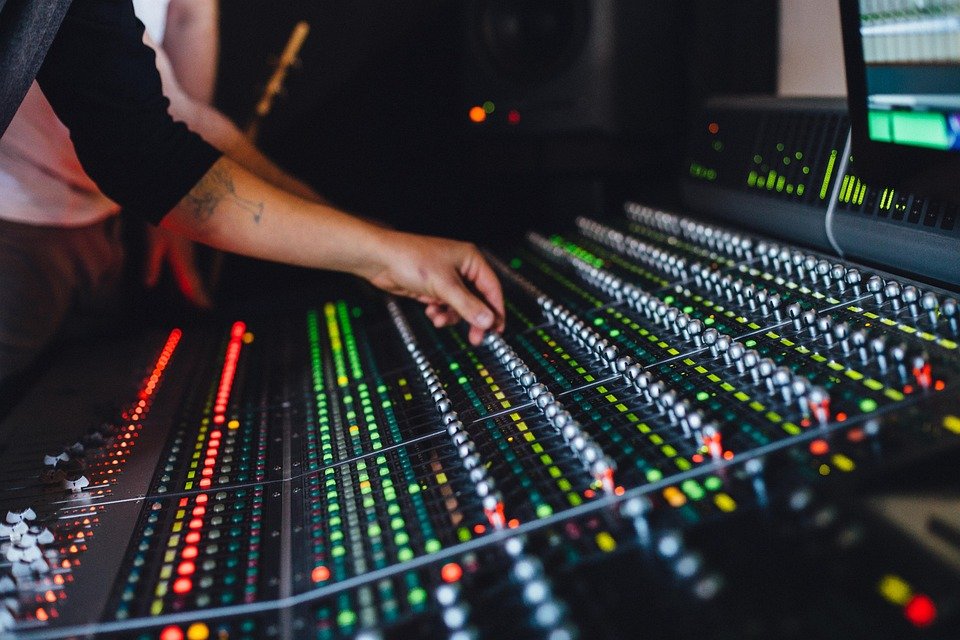Virtual reality (VR) technology has emerged as a game-changer in entertainment and beyond, revolutionizing the way we experience and interact with a wide range of experiences. From immersive gaming experiences to virtual tours of faraway places, VR has the potential to transport users to new and exciting worlds, allowing them to explore and engage with environments unlike anything they have experienced before.
One of the most popular applications of VR technology is in the world of gaming. With VR headsets and controllers, users can step into the shoes of their favorite characters and fully immerse themselves in the gameplay. Whether it’s exploring fantastical worlds, solving puzzles, or engaging in heart-pounding action sequences, VR gaming offers a level of immersion and interactivity that traditional gaming experiences simply can’t match.
Beyond gaming, VR technology has also been used to create breathtaking virtual tours and experiences. From exploring ancient ruins and historical landmarks to taking a walk on the moon, VR allows users to travel to places that would otherwise be out of reach. Museums, educational institutions, and tourist attractions have all embraced VR technology as a way to engage with visitors in a new and meaningful way.
In the entertainment industry, VR has opened up new possibilities for storytelling and content creation. Virtual reality films and experiences allow viewers to become active participants in the story, with the ability to explore different perspectives and make choices that affect the outcome. This level of interactivity creates a truly immersive and engaging experience that blurs the line between fiction and reality.
But the impact of VR technology goes beyond entertainment, with applications in fields such as healthcare, education, and training. In the healthcare industry, VR is being used to train medical professionals, simulate surgical procedures, and help patients manage pain and anxiety. In education, VR technology is being used to create immersive learning experiences that engage students and enhance their understanding of complex concepts.
As VR technology continues to evolve and improve, the possibilities for its application are seemingly endless. With advancements in hardware and software, VR experiences are becoming more realistic, immersive, and accessible to a wider audience. Whether it’s exploring new worlds, learning new skills, or simply escaping reality for a while, virtual reality is truly a game-changer in entertainment and beyond.




